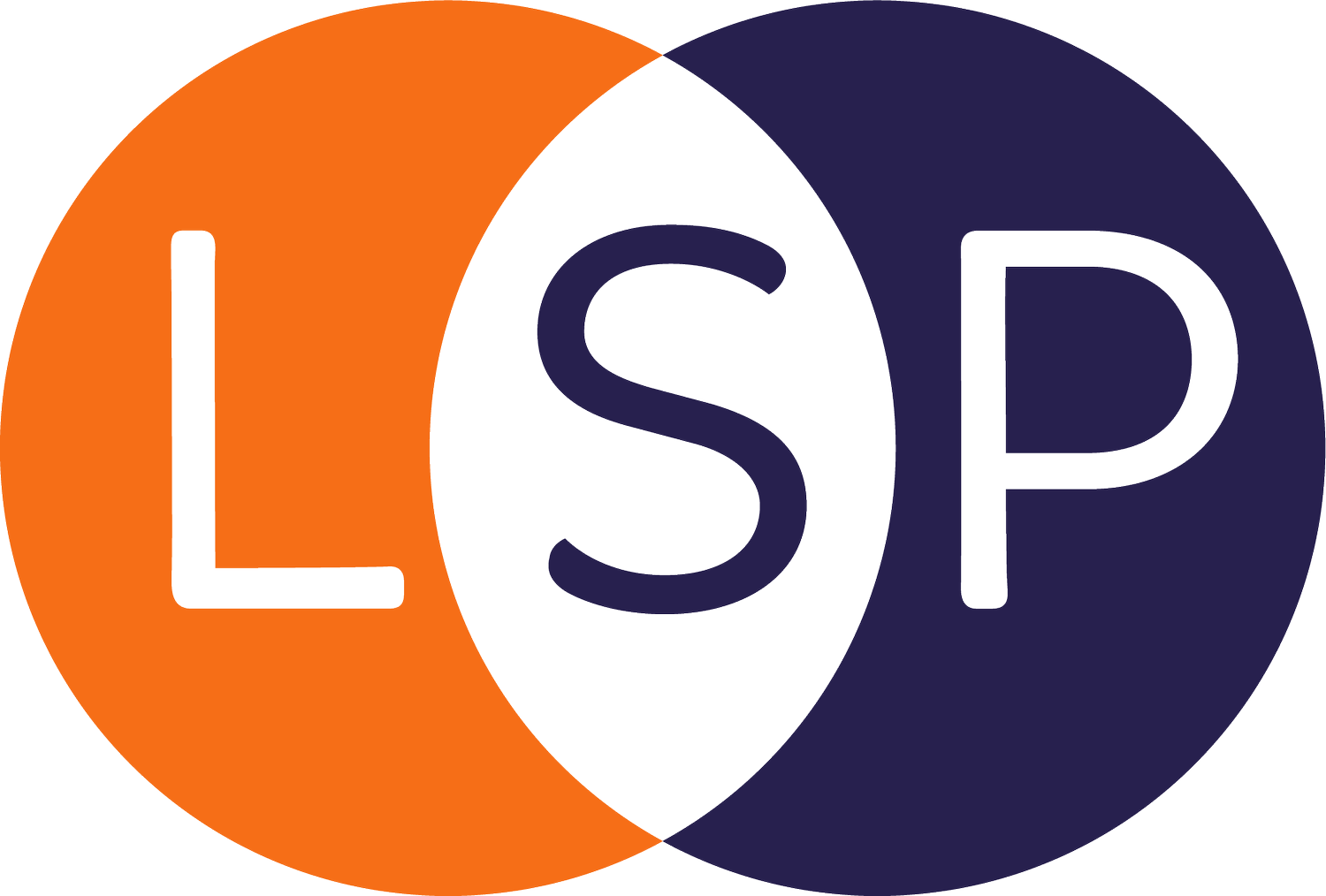Psychoeducation.
Psychoeducation is an evidence-based therapeutic intervention for clients and their loved ones that provides information and support to better understand and cope with mental health challenges and embrace wellness.
Deprivation May Explain the Link Between Early Adversity and Developmental Outcomes in Adolescence
Early deprivation experiences, such as parental neglect and financial difficulties, appear to be more closely associated with cognitive and emotional functioning in adolescence than early threat experiences, such as exposure to abuse.
The Role of the Therapist’s Warmth and Competence
Research indicates that a therapists warmth and competence are both important in providing positive mental health outcomes.
Diversity in Relationships Brings Happiness
Research indicates that having diffrent types of relationships increases happiness.
Orange Juice and Memory.
Research indicates that the chronic consumption of flavonoids is associated with cognitive benefits in adults with mild cognitive impairment and neurodegenerative disease. However, to our knowledge, there have been no such studies in healthy older adults. Furthermore, the effects of commonly consumed orange juice flavanones on cognitive function remain unexplored.
Optimism and Your Relationship.
New research proves that optimistic people tend to engage with their romantic partners more constructively to resolve their everyday problems.
Social Media and Depression.
Researchers in public policy and education recently found that young adults who use more social media are significantly more likely to develop depression within six months, regardless of personality type.
Effort Paradox.
The brain loves a challenge. Even though doing hard things is often painful, we still like doing them - a phenomenon psychologists call the Effort Paradox. New research shows that rewarding people for effort - not outcome - can get people to try harder in the future.
ADHD.
ADHD is one of the most common mental health conditions affecting children and adults. But it is often misunderstood. ADHD is real. Nearly every mainstream medical, psychological, and educational organization in the United States long ago concluded that Attention-Deficit/Hyperactivity Disorder (ADHD) is a real, brain-based medical disorder. These organizations also concluded that children and adults with ADHD benefit from appropriate treatment, including psychotherapy.
Read the Latest Research Papers on ADHD
ADHD Is Real








